The 10-member expert committee was formed by the Union Ministry of Electronics and IT in July last year to examine data protection framework and draft a data protection law
Saying that data protection and not data privacy across the country is the main issue before his panel, Justice BN Srikrishna, who is heading an expert committee for framing a draft data protection law, says his panel isn't examining how Aadhaar works.
Speaking to DNA, Justice Srikrishna, a former Supreme Court Judge, said, "Data privacy across the country is not a problem as such but data protection is. How the data is collected, either by consent or without consent, what will be its implications and how do we protect it, these are the issues. Protection means it is your data, you have the right to say for what purpose it is being collected, what it is being used for and when will you destroy it."
The issue of data privacy and safe-keeping of citizens' data collected by government agencies like Aadhaar has again hit the headlines in the wake of news reports claiming that Aadhaar data being made available for petty amounts by unauthorised persons.
The 10-member expert committee was formed by the Union Ministry of Electronics and IT in July last year to examine data protection framework and draft a data protection law.
The committee started its first round of public consultations on Friday in the national capital. It had earlier come out with a white paper on the subject asking about 200 questions to the stakeholders.
When asked about the data breach of Aadhaar numbers, he said how Aadhaar works is not the concern of the committee.
"We are not concerned with how Aadhaar works. The Supreme Court is going to deal with it. We are looking at how data should be dealt with in this country, which will apply to Aadhaar as well," the former Judge remarked.
"Aadhaar is a live example, but it is just one aspect. There are other important issues such as medical records, education records, financial records whether they have to be localised or can be stored outside," he added.
In August last year, the Supreme Court had refused to be swayed by the Centre's logic that the right to privacy was not an absolute right and was subject to interests of the state.
Incidentally, a bunch of petitions challenging the constitutionality and legality of Aadhaar card are pending in the Supreme Court. Asked when the committee will come out with its recommendations, he responded by saying "as expeditiously as possible".
The last date for submission of comments is January 31 and there are three more rounds of public consultations -- in Hyderabad on January 12, in Bengaluru on January 13, and in Mumbai on January 23.
DNA had on Friday reported former Supreme Court Judge Justice M Jagannadha Rao writing to the committee pointing out how the white paper released by it for public consultation refers to collection of data but "not to the boundaries of the right to collection of data which is the essence of the SC judgment".
The issue of balancing citizens' rights and interests of the state is "mostly missing" in the white paper and the "rhetoric" in the white paper is "meant to divert our attention from the fundamental rights of citizens to other issues which are not relevant from the point of view of fundamental rights of citizens.
"The collection of data is given a go-bye and only the right to use it is considered, without going into the extent the extent of permissible surveillance by the State," Justice Rao has said.
The Justice Srikrishna committee was constituted on July 31 last year in the wake of the landmark judgment by the nine-judge bench of the Supreme Court in the KS Puttaswamy case, which held that the Indian citizens have a fundamental right to privacy, which it is intrinsic to life and liberty guaranteed under the Constitution.
Justice Rao has also pointed out that "there is vast case law as to how general data of all citizens cannot be collected by the State and as to what the State cannot collect and even if it can collect, cannot retain or direct retention by citizens".
![submenu-img]() Ganesh Chaturthi 2024 shubh muhurat: Check city wise puja timings, visarjan date, and bhog for Ganpati Bappa
Ganesh Chaturthi 2024 shubh muhurat: Check city wise puja timings, visarjan date, and bhog for Ganpati Bappa![submenu-img]() 'Leaders in Delhi never liked me…’ Omar Abdullah alleges poll 'conspiracy'
'Leaders in Delhi never liked me…’ Omar Abdullah alleges poll 'conspiracy'![submenu-img]() Boney Kapoor announces new film, its title has a Mr India connect: 'Probably by December we...'
Boney Kapoor announces new film, its title has a Mr India connect: 'Probably by December we...'![submenu-img]() Meet actress, who worked for 17 hours straight on toxic sets, her mental health was affected, left industry, is now...
Meet actress, who worked for 17 hours straight on toxic sets, her mental health was affected, left industry, is now...![submenu-img]() Over 200 Patients celebrate freedom from diabetes in Madhavbaug's nationwide campaign 'Azadi Diabetes Se'
Over 200 Patients celebrate freedom from diabetes in Madhavbaug's nationwide campaign 'Azadi Diabetes Se'![submenu-img]() Aparajita Bill पर ममता बनर्जी को झटका, राज्यपाल ने कमियां गिना राष्ट्रपति के पास भेजा
Aparajita Bill पर ममता बनर्जी को झटका, राज्यपाल ने कमियां गिना राष्ट्रपति के पास भेजा![submenu-img]() Haryana Assembly Election 2024: हरियाणा में कांग्रेस प्रत्याशियों की पहली लिस्ट जारी, इस सीट से चुनावी मैदान में उतरी विनेश फोगाट
Haryana Assembly Election 2024: हरियाणा में कांग्रेस प्रत्याशियों की पहली लिस्ट जारी, इस सीट से चुनावी मैदान में उतरी विनेश फोगाट![submenu-img]() Hathras Accident: यूपी के हाथरस में बड़ा सड़क हादसा, 15 लोगों की मौत, कई घायल
Hathras Accident: यूपी के हाथरस में बड़ा सड़क हादसा, 15 लोगों की मौत, कई घायल![submenu-img]() Viral Video: Indigo की फ्लाइट में बंद हो गया एसी, गर्मी से परेशान यात्री हो गए बेहोश
Viral Video: Indigo की फ्लाइट में बंद हो गया एसी, गर्मी से परेशान यात्री हो गए बेहोश ![submenu-img]() Weather Alert: महाराष्ट्र-गुजरात में जोरदार बारिश, आंध्र-तेलंगाना में बाढ़, जानें दिल्ली-एनसीआर के लिए क्या है अलर्ट
Weather Alert: महाराष्ट्र-गुजरात में जोरदार बारिश, आंध्र-तेलंगाना में बाढ़, जानें दिल्ली-एनसीआर के लिए क्या है अलर्ट![submenu-img]() DNA Auto Awards 2024: Maruti Suzuki Swift nominated for ‘CAR OF THE YEAR’; check price, features
DNA Auto Awards 2024: Maruti Suzuki Swift nominated for ‘CAR OF THE YEAR’; check price, features![submenu-img]() DNA Auto Awards 2024: Hyundai Alcazar Facelift nominated for ‘CAR OF THE YEAR’; check details
DNA Auto Awards 2024: Hyundai Alcazar Facelift nominated for ‘CAR OF THE YEAR’; check details![submenu-img]() Hyundai Creta Knight Edition launched in India: Check price, features, design
Hyundai Creta Knight Edition launched in India: Check price, features, design![submenu-img]() DNA Auto Awards 2024: Citroen Basalt nominated for ‘CAR OF THE YEAR’; check price, features
DNA Auto Awards 2024: Citroen Basalt nominated for ‘CAR OF THE YEAR’; check price, features![submenu-img]() DNA Auto Awards 2024: Tata Curvv nominated for ‘CAR OF THE YEAR’; check price, features
DNA Auto Awards 2024: Tata Curvv nominated for ‘CAR OF THE YEAR’; check price, features![submenu-img]() UPSC topper IAS Shruti Sharma's marksheet goes viral on social media, check her scores in different subjects
UPSC topper IAS Shruti Sharma's marksheet goes viral on social media, check her scores in different subjects![submenu-img]() Meet man, who lost his mother in childhood, worked as milk seller, cracked NEET exam with AIR...
Meet man, who lost his mother in childhood, worked as milk seller, cracked NEET exam with AIR...![submenu-img]() Meet man who failed 35 exams, cracked UPSC exam twice, first became IPS then quit due to...
Meet man who failed 35 exams, cracked UPSC exam twice, first became IPS then quit due to...![submenu-img]() Meet man, who was forced into child marriage at 11, cracked NEET exam with AIR...
Meet man, who was forced into child marriage at 11, cracked NEET exam with AIR...![submenu-img]() Meet woman who cracked UPSC exam in first attempt without coaching at 22, got AIR 31, she is now posted as…
Meet woman who cracked UPSC exam in first attempt without coaching at 22, got AIR 31, she is now posted as…![submenu-img]() Mumbai: Fire Breaks Out At Times Tower In Mumbai, 9 Fire Units Deployed
Mumbai: Fire Breaks Out At Times Tower In Mumbai, 9 Fire Units Deployed![submenu-img]() 'Dharavi Project Is About Restoring Dignity...', Says Gautam Adani | Dharavi Redevelopment Project
'Dharavi Project Is About Restoring Dignity...', Says Gautam Adani | Dharavi Redevelopment Project![submenu-img]() Kolkata Doctor Case: CBI Visits RG Kar, Seizes Documents On Funds Used During Sandip Ghosh’s Tenure
Kolkata Doctor Case: CBI Visits RG Kar, Seizes Documents On Funds Used During Sandip Ghosh’s Tenure![submenu-img]() Giriraj Singh Attacked: Union Minister Giriraj Singh Assaulted In Begusarai, Bihar; Accused Arrested
Giriraj Singh Attacked: Union Minister Giriraj Singh Assaulted In Begusarai, Bihar; Accused Arrested![submenu-img]() Haryana Assembly Election 2024: Haryana Assembly Election Date Changed, Check Details Here
Haryana Assembly Election 2024: Haryana Assembly Election Date Changed, Check Details Here![submenu-img]() Mukesh Ambani set to challenge Adani, ITC with his Rs 3900 crore plan for...
Mukesh Ambani set to challenge Adani, ITC with his Rs 3900 crore plan for...![submenu-img]() NPCI launches 'UPI circle', check what it is and how it works
NPCI launches 'UPI circle', check what it is and how it works![submenu-img]() Mukesh Ambani's Reliance Jio to give tough competition to BSNL with this plan, it offers 5G data at just Rs...
Mukesh Ambani's Reliance Jio to give tough competition to BSNL with this plan, it offers 5G data at just Rs...![submenu-img]() This company repays Rs 20000 crore debt for... and it has a Ratan Tata connection
This company repays Rs 20000 crore debt for... and it has a Ratan Tata connection![submenu-img]() Meet woman, billionaire's daughter, who studied in London, now leads Rs 1124 crore company as...
Meet woman, billionaire's daughter, who studied in London, now leads Rs 1124 crore company as...![submenu-img]() From Cristiano Ronaldo to Virat Kohli: List of highest-paid athletes in last 12 months
From Cristiano Ronaldo to Virat Kohli: List of highest-paid athletes in last 12 months![submenu-img]() Meet actor who worked as waiter, sold tea, namkeen for 14 years, debuted in Bollywood at 42; now his net worth is...
Meet actor who worked as waiter, sold tea, namkeen for 14 years, debuted in Bollywood at 42; now his net worth is...![submenu-img]() Parents-to-be Deepika Padukone, Ranveer Singh seek blessings at Siddhivinayak with families days before baby's arrival
Parents-to-be Deepika Padukone, Ranveer Singh seek blessings at Siddhivinayak with families days before baby's arrival![submenu-img]() Gout remedies: 7 natural ways to lower uric acid levels in the body
Gout remedies: 7 natural ways to lower uric acid levels in the body ![submenu-img]() Active players with most centuries in international cricket
Active players with most centuries in international cricket ![submenu-img]() 'Leaders in Delhi never liked me…’ Omar Abdullah alleges poll 'conspiracy'
'Leaders in Delhi never liked me…’ Omar Abdullah alleges poll 'conspiracy'![submenu-img]() Over 200 Patients celebrate freedom from diabetes in Madhavbaug's nationwide campaign 'Azadi Diabetes Se'
Over 200 Patients celebrate freedom from diabetes in Madhavbaug's nationwide campaign 'Azadi Diabetes Se'![submenu-img]() 'When we were dragged on roads...': Wrestler Vinesh Phogat slams BJP
'When we were dragged on roads...': Wrestler Vinesh Phogat slams BJP![submenu-img]() India emerges as second-largest global 5G smartphone market, overtakes...
India emerges as second-largest global 5G smartphone market, overtakes...![submenu-img]() Union Home Minister Amit Shah releases BJP manifesto for J&K assembly elections
Union Home Minister Amit Shah releases BJP manifesto for J&K assembly elections

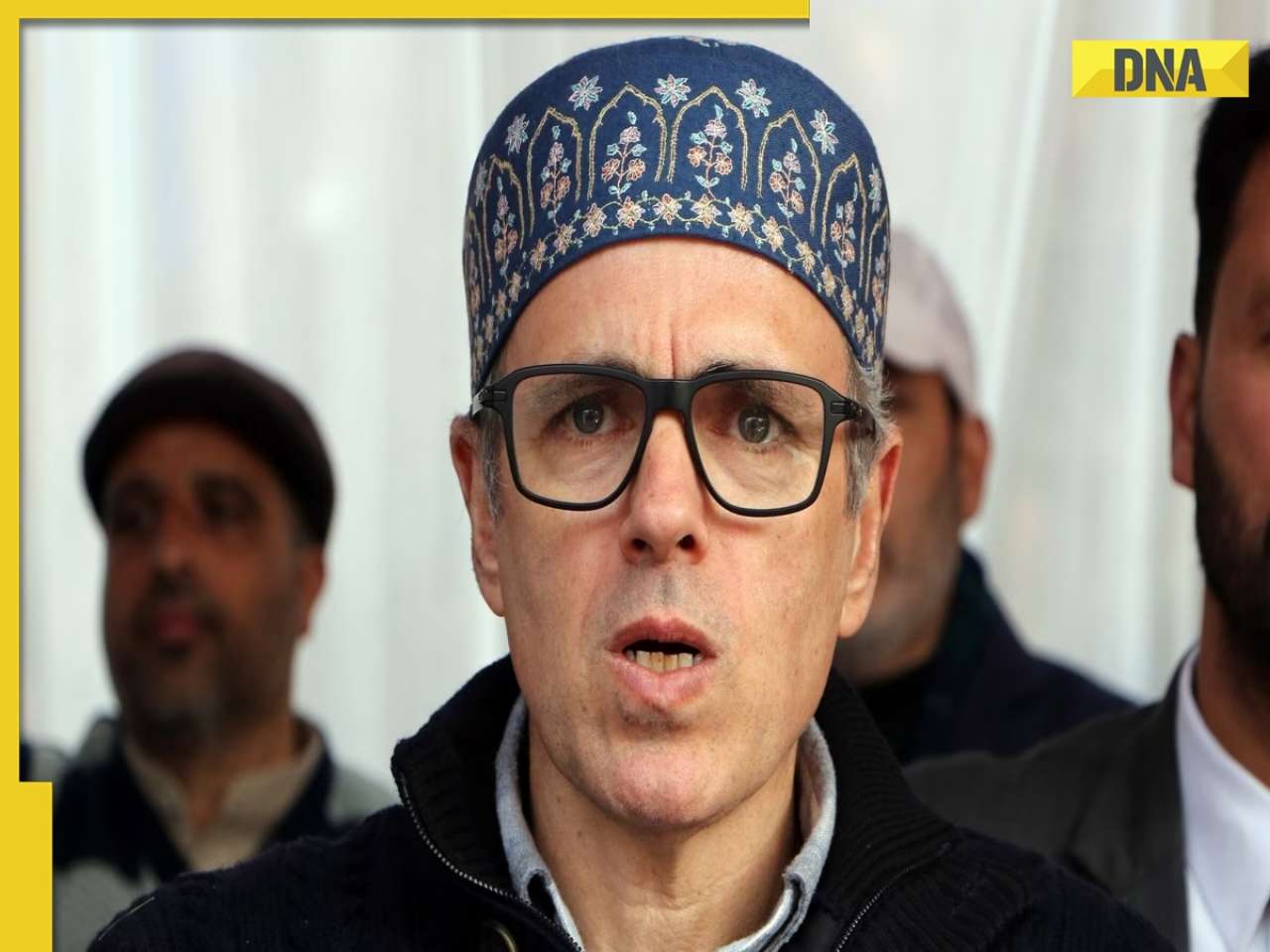
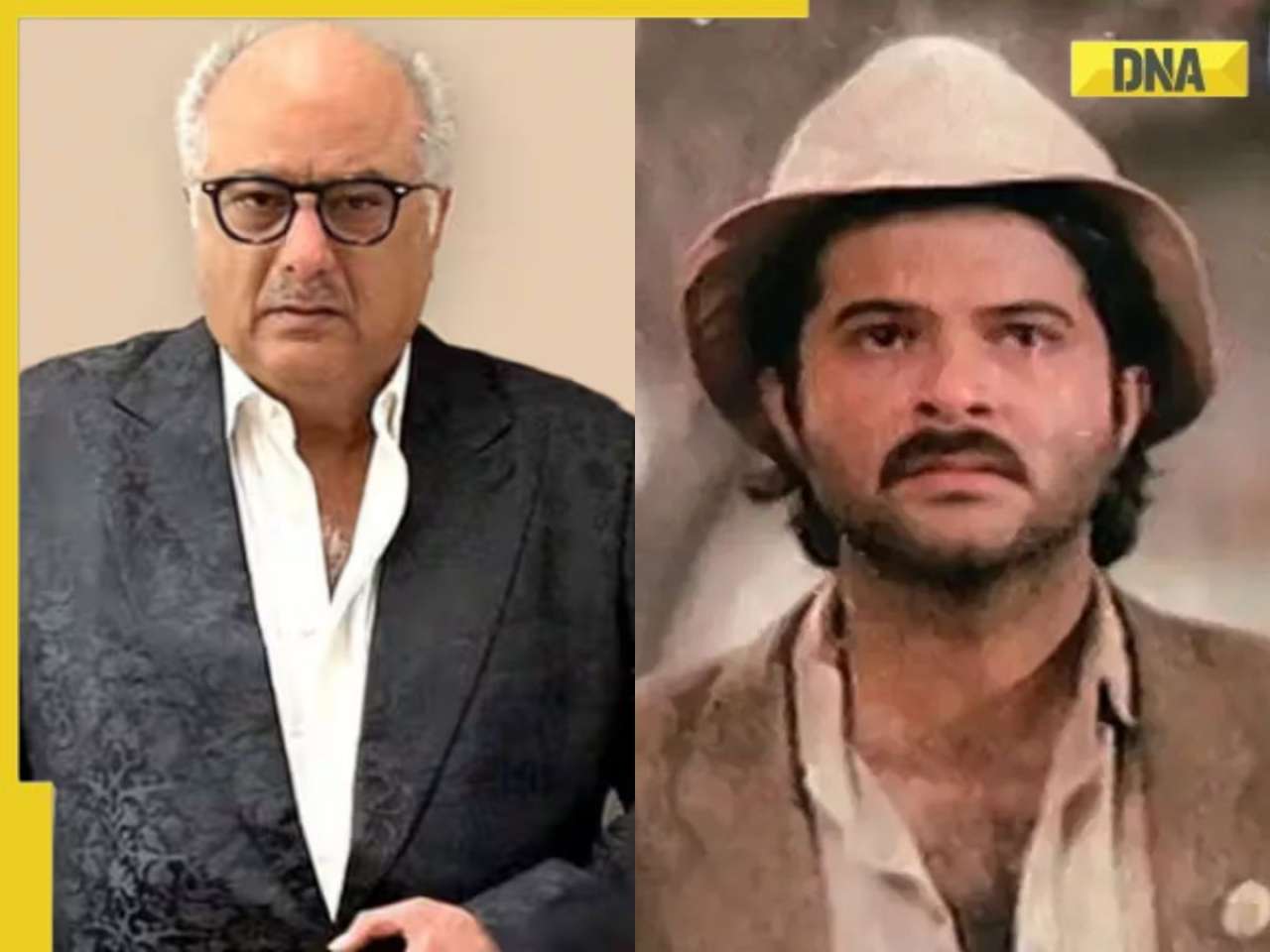

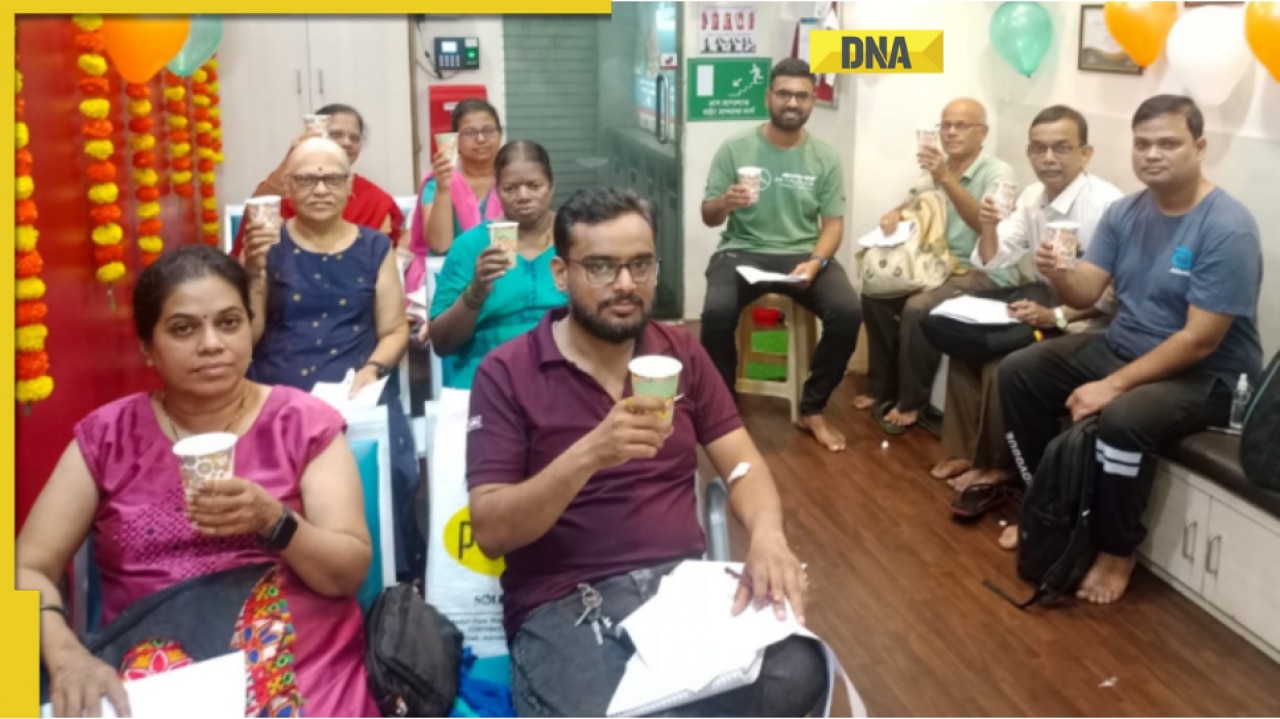





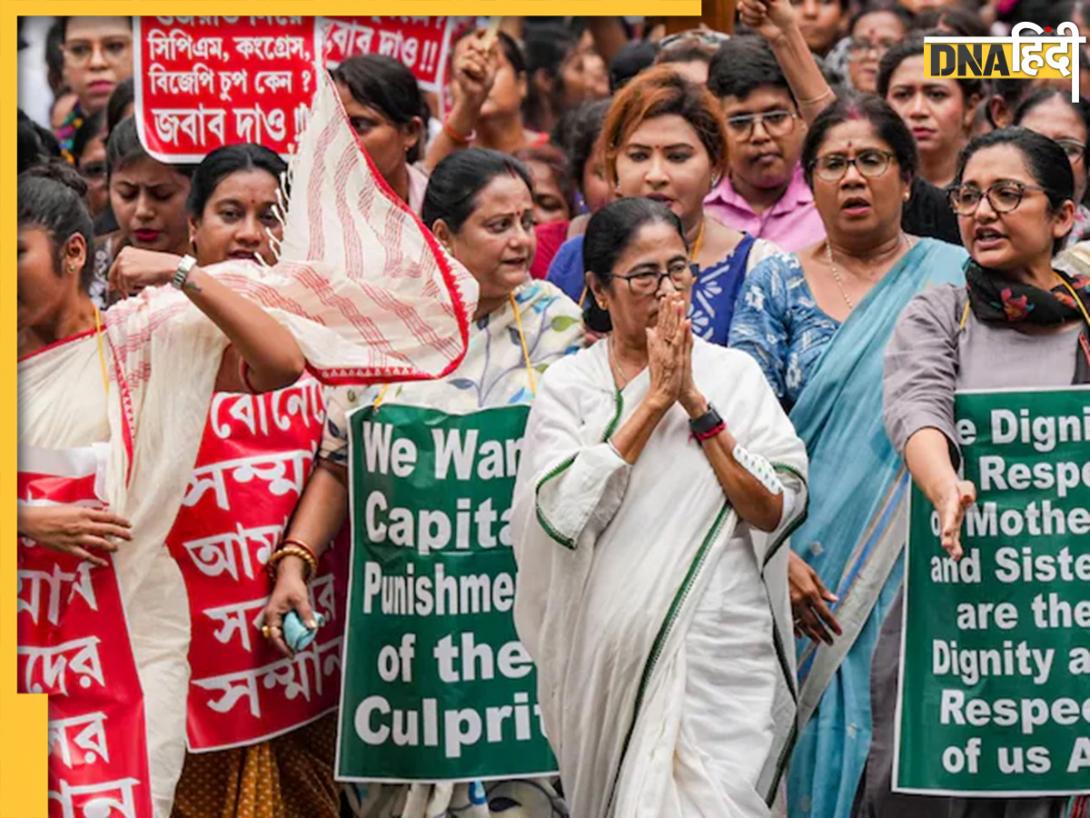
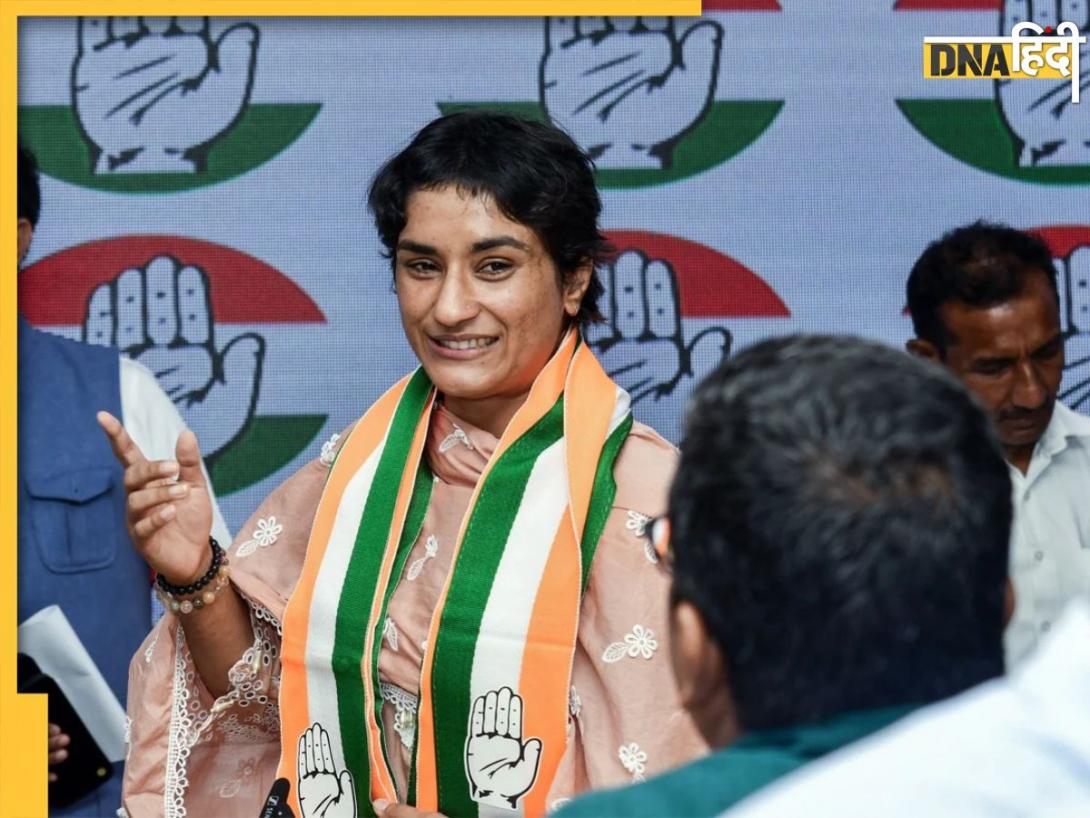
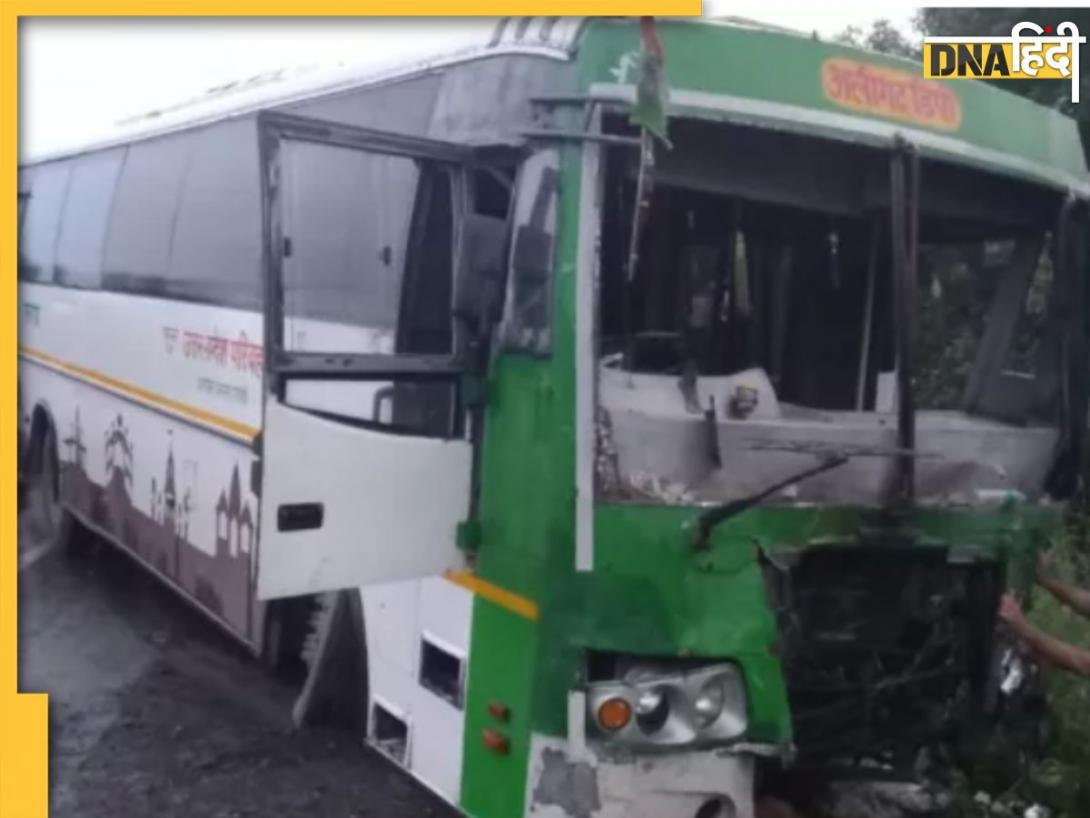

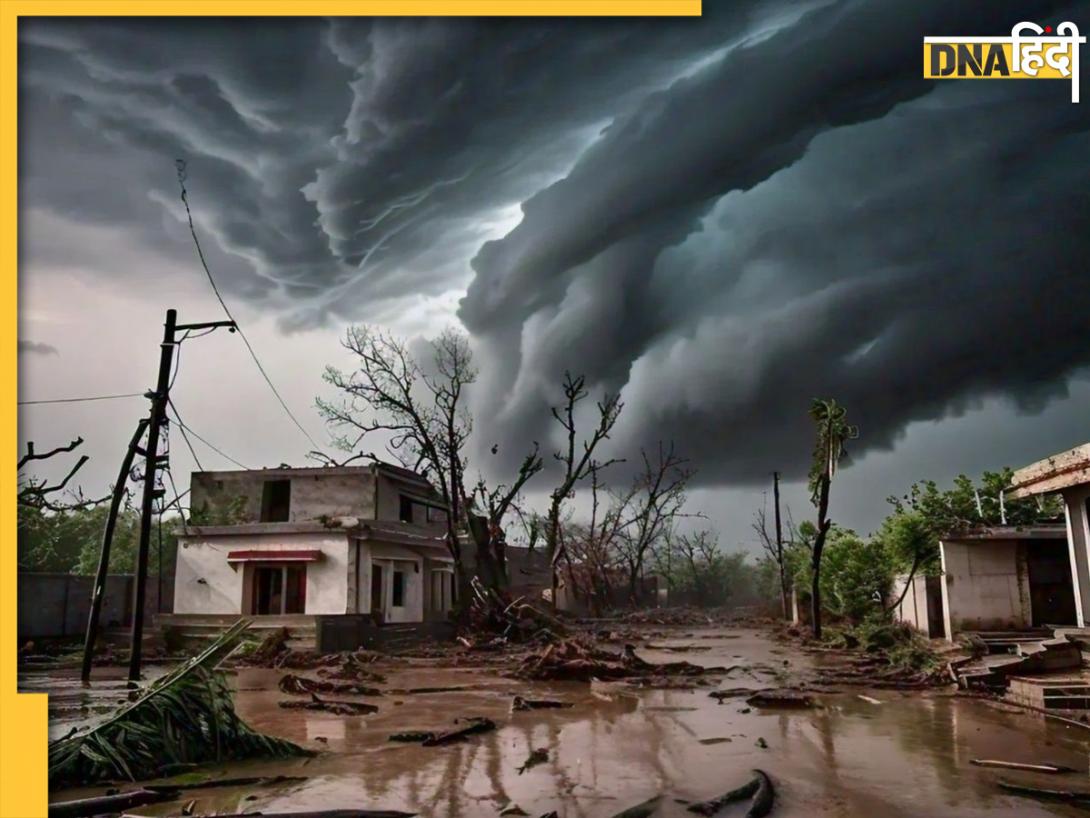





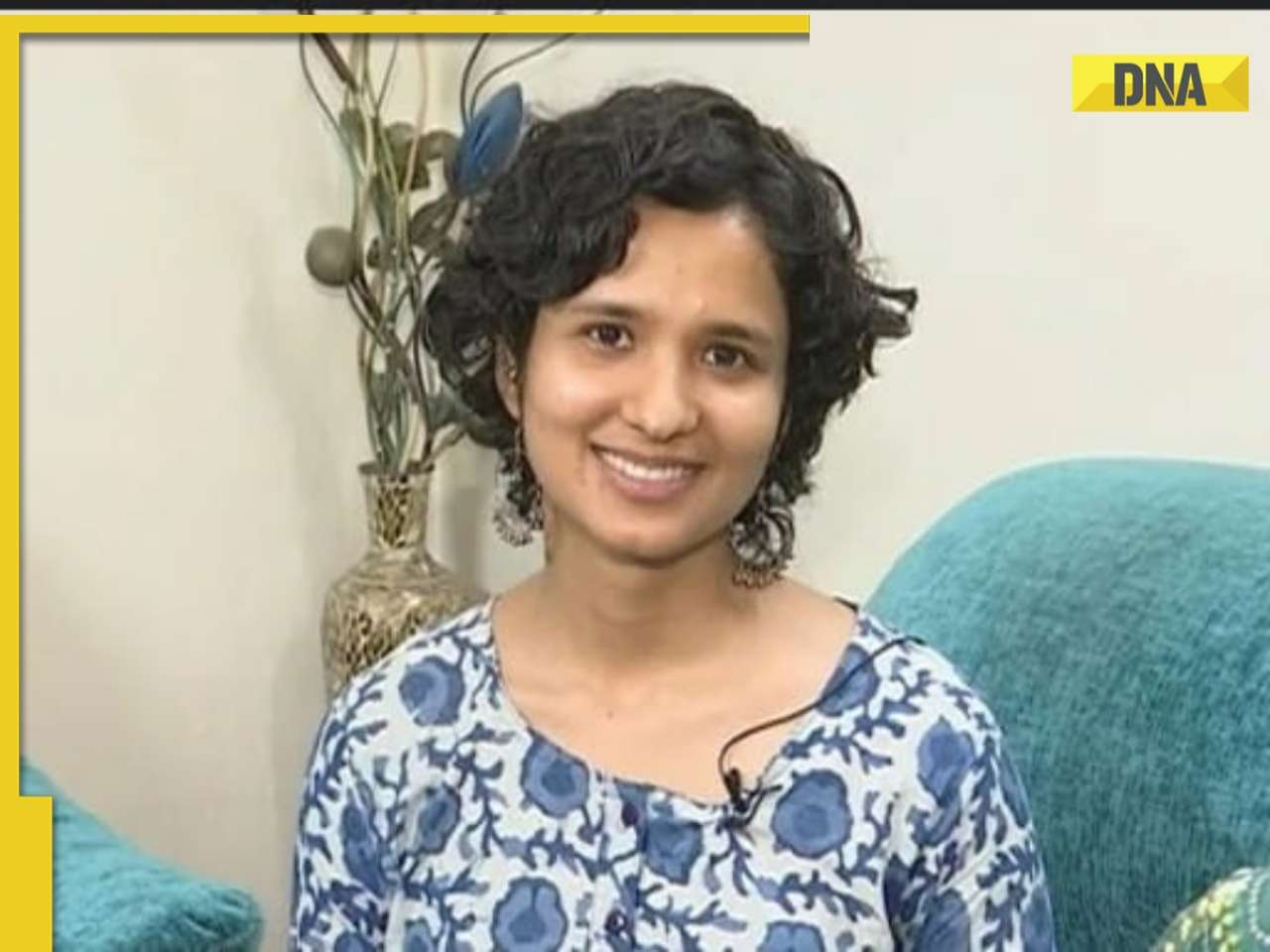

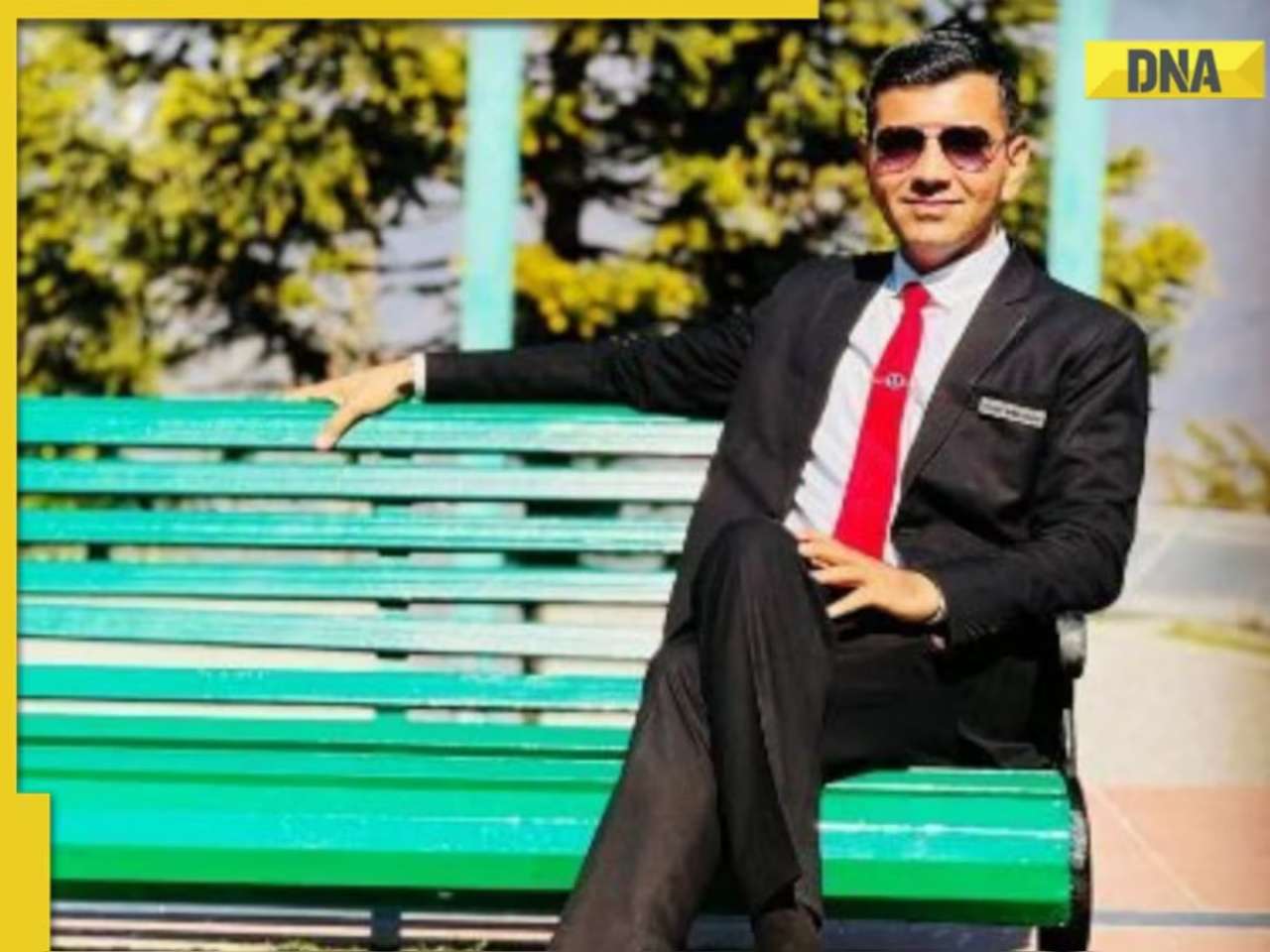
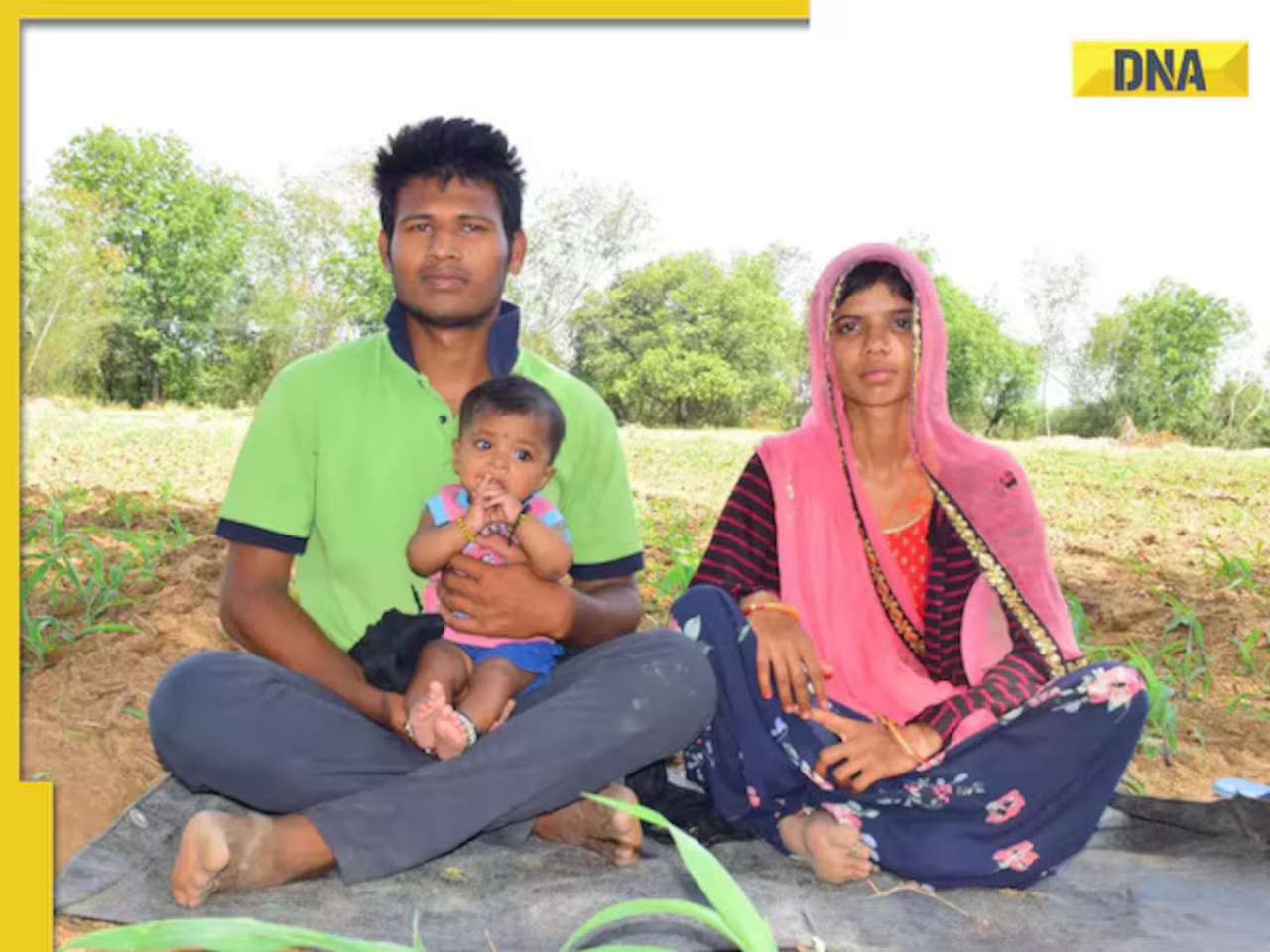
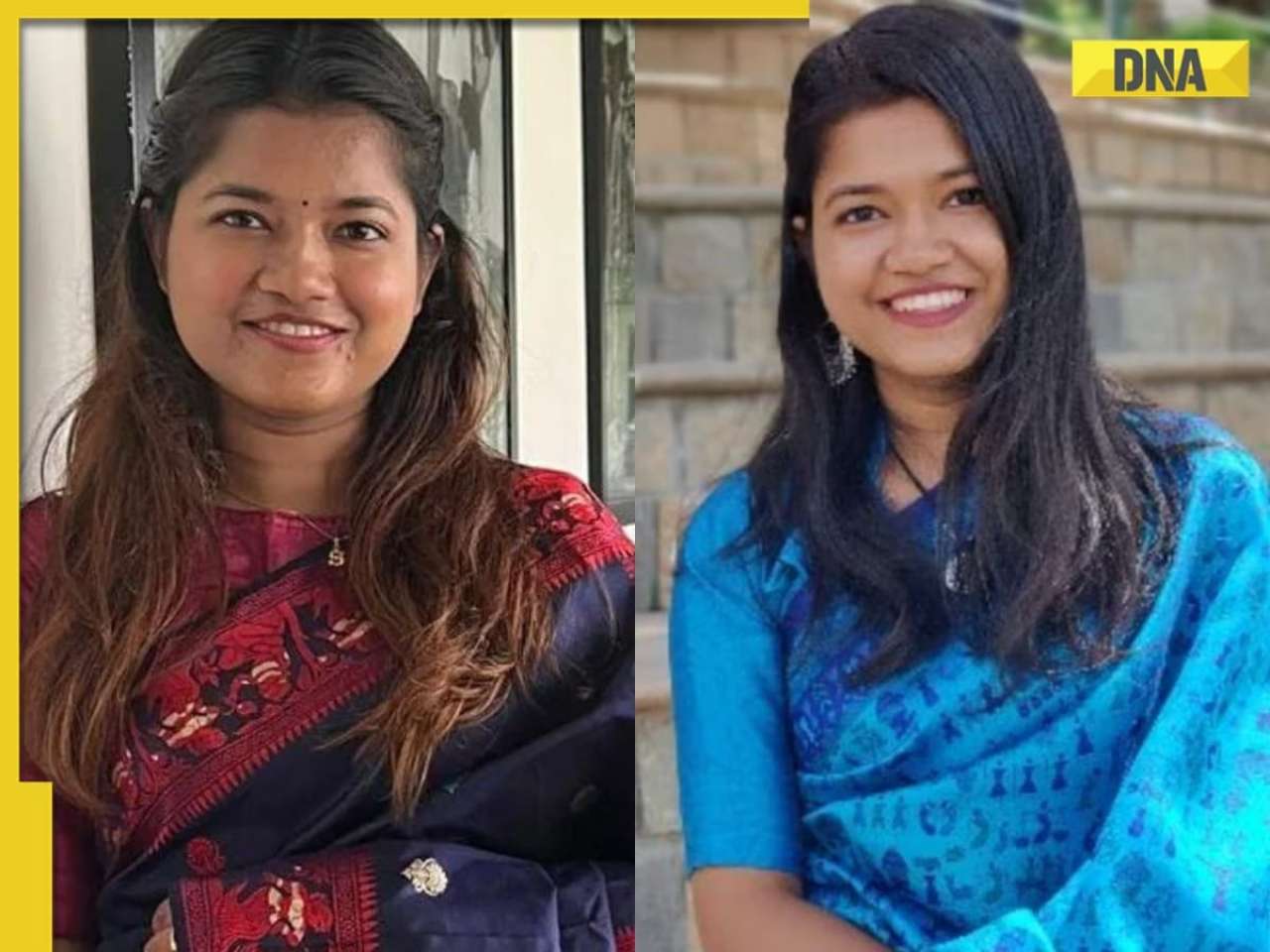

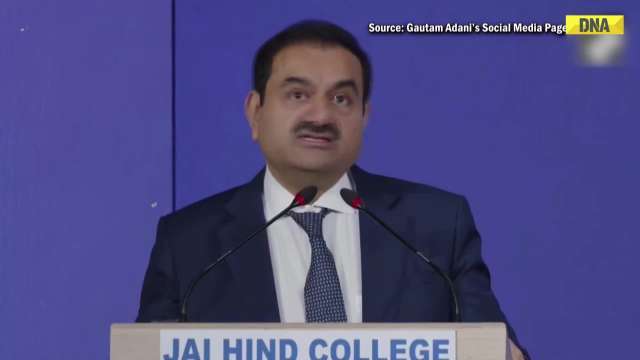

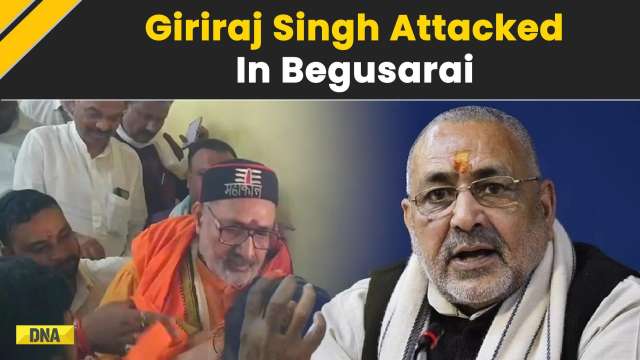
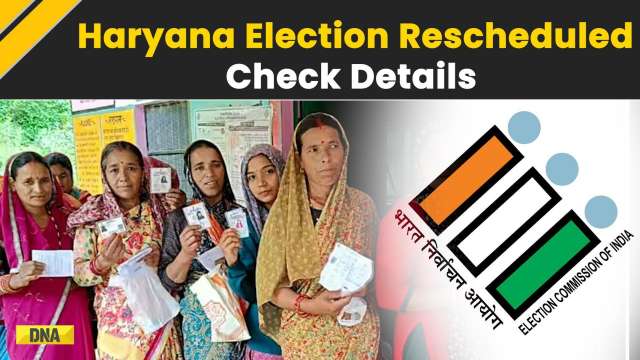
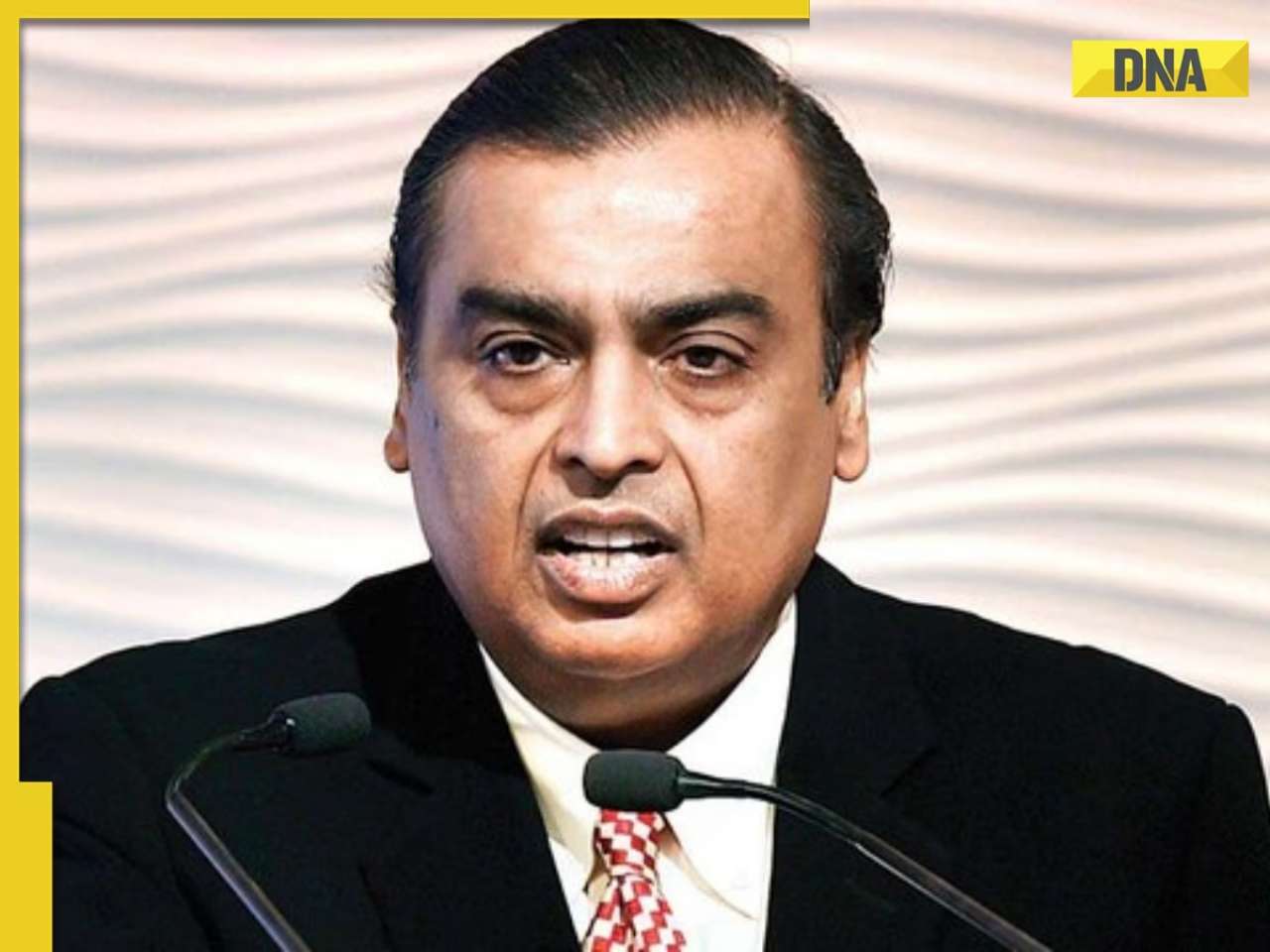

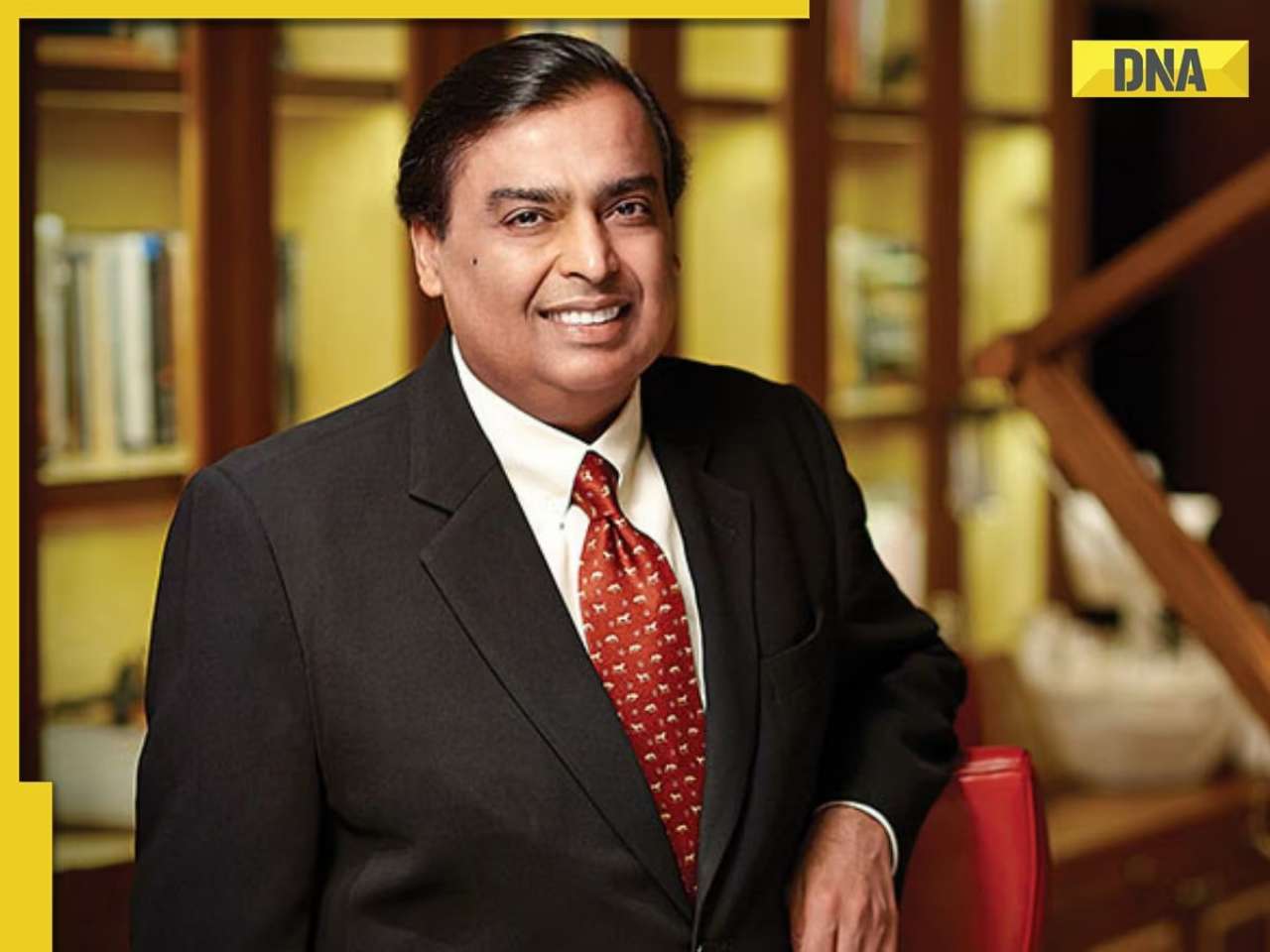
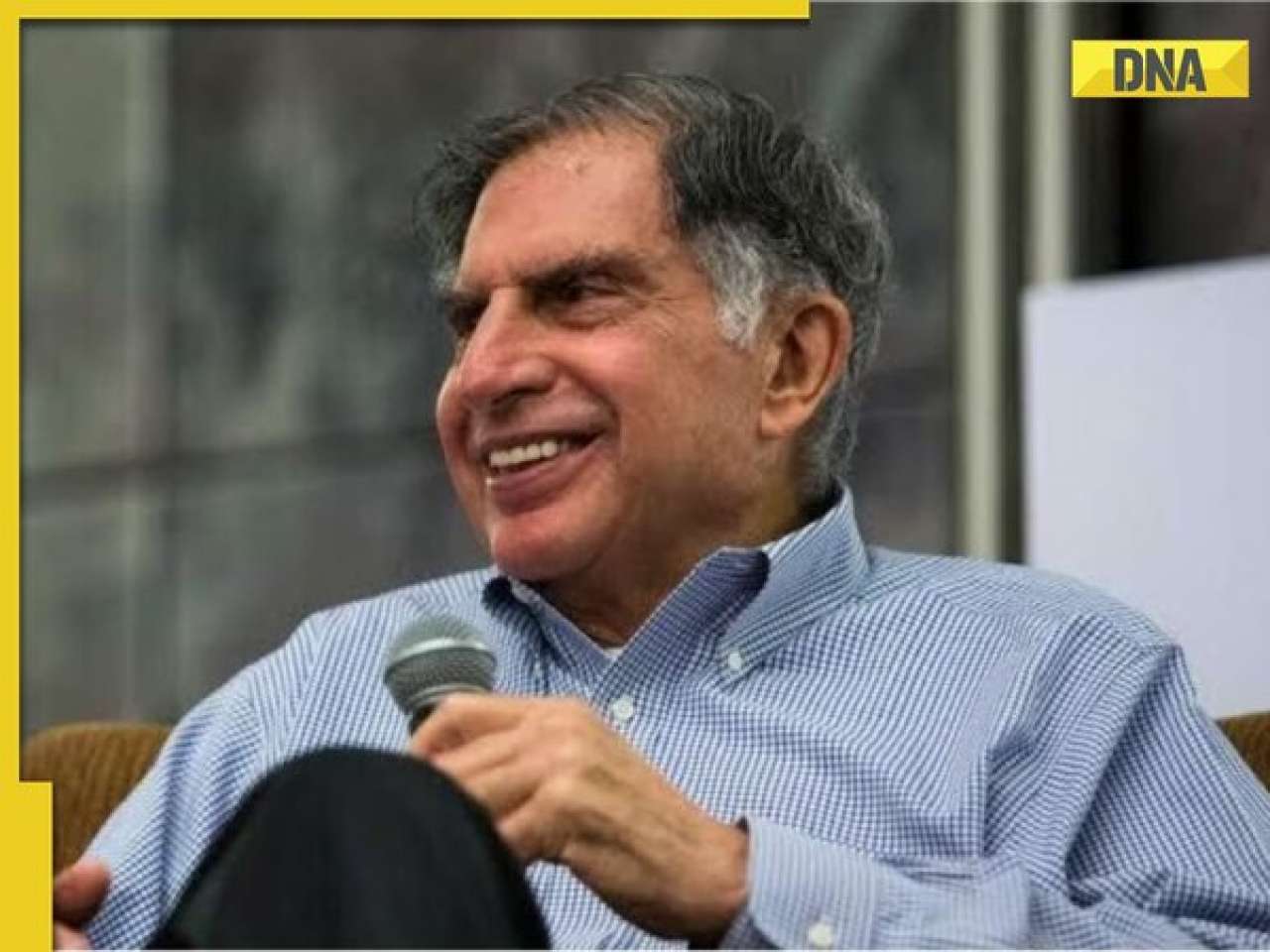
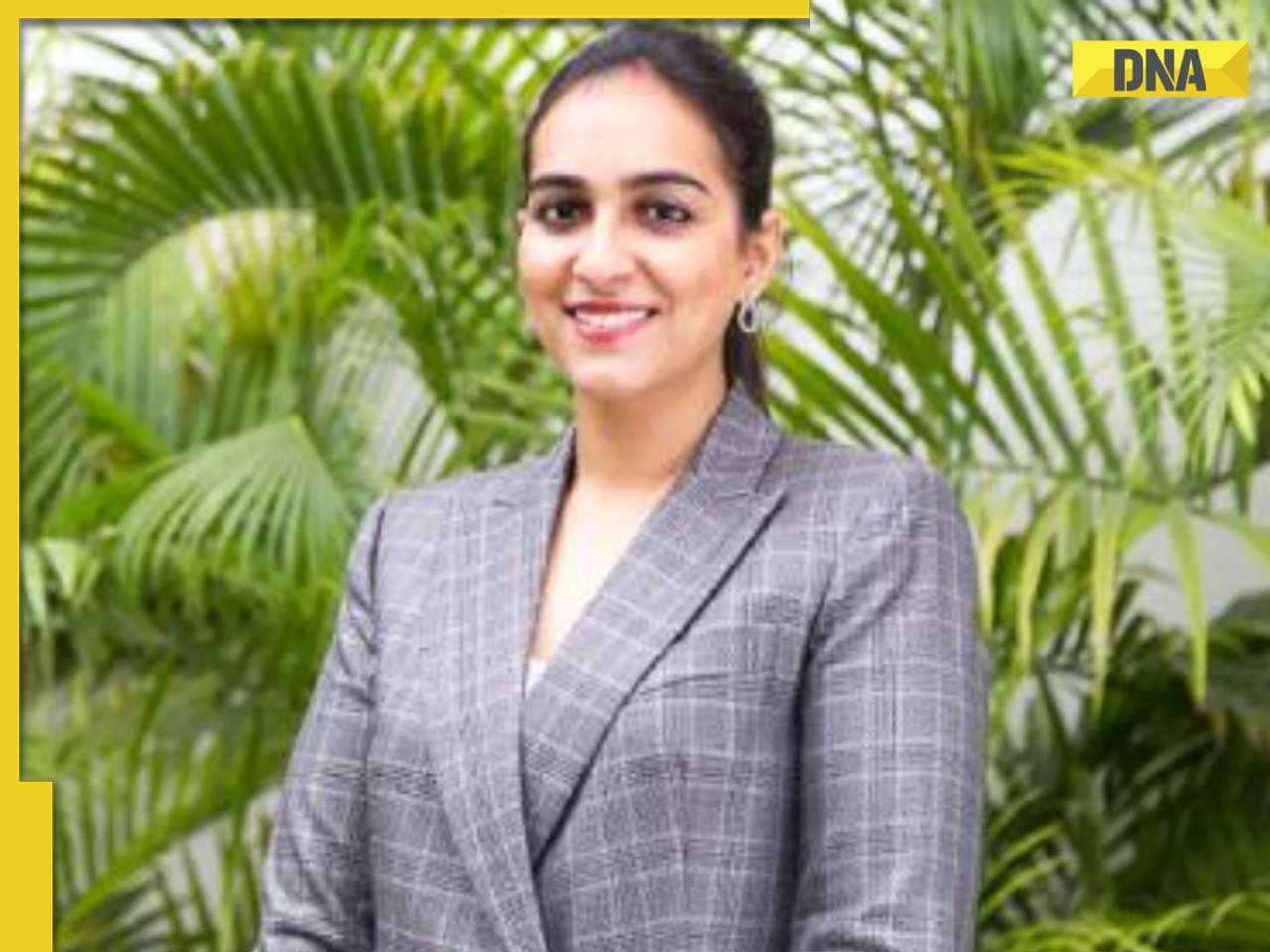

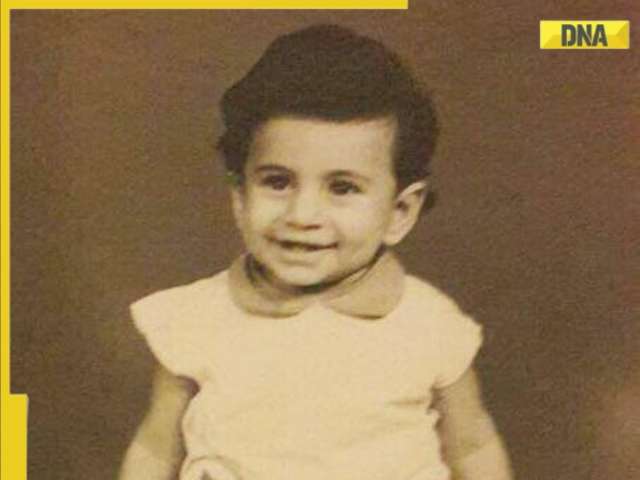


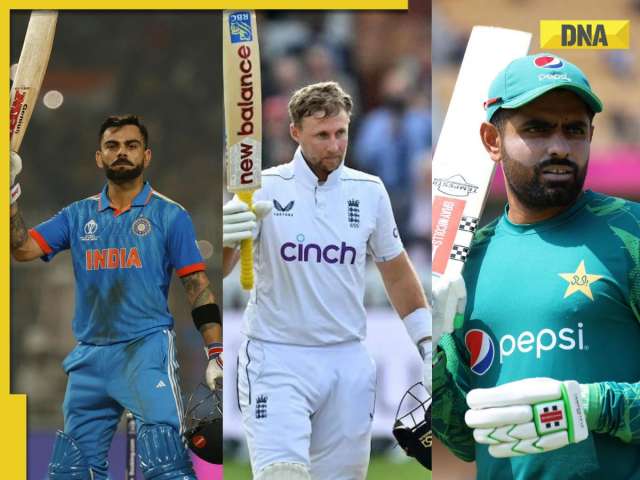
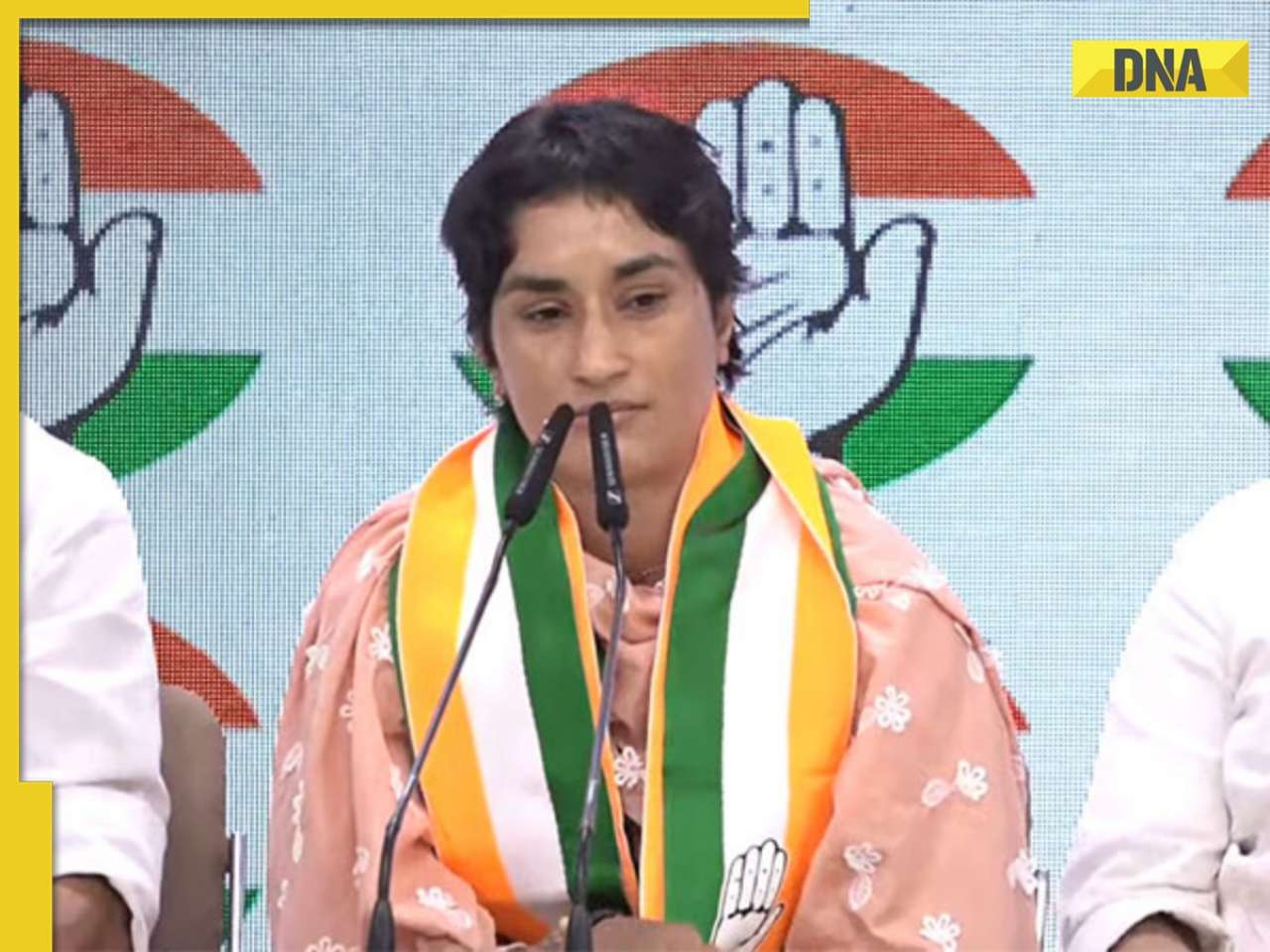

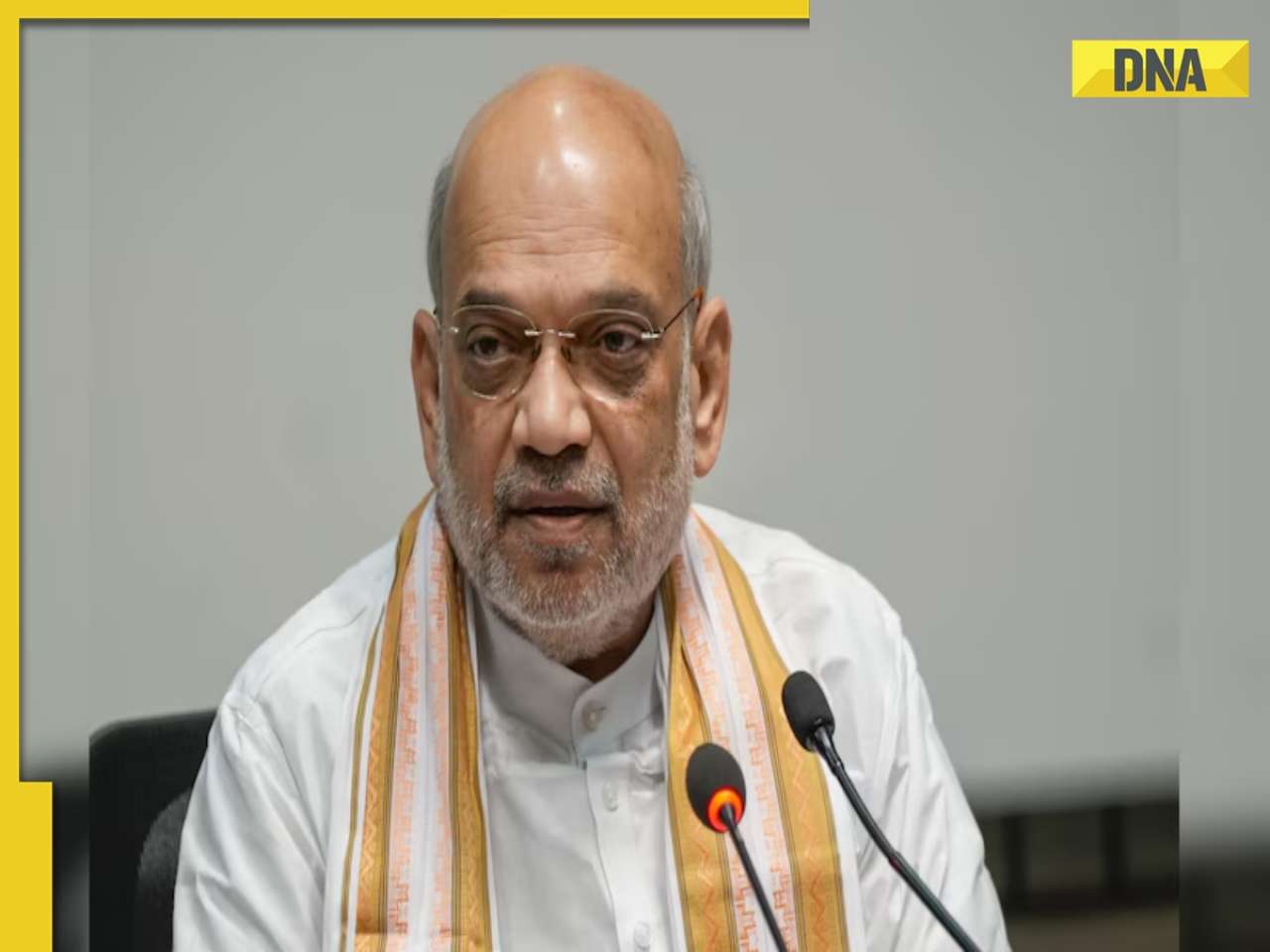

)
)
)
)
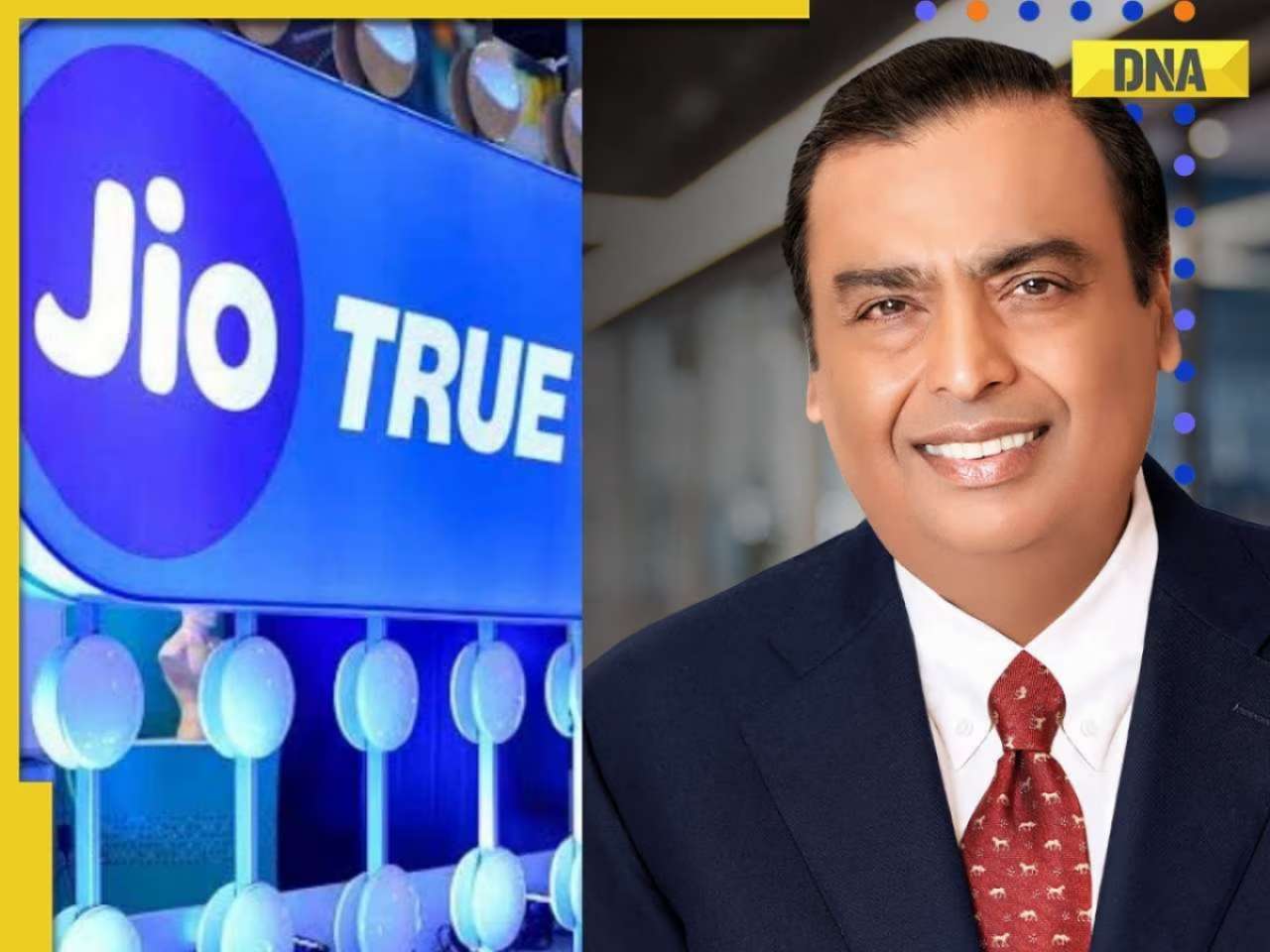)
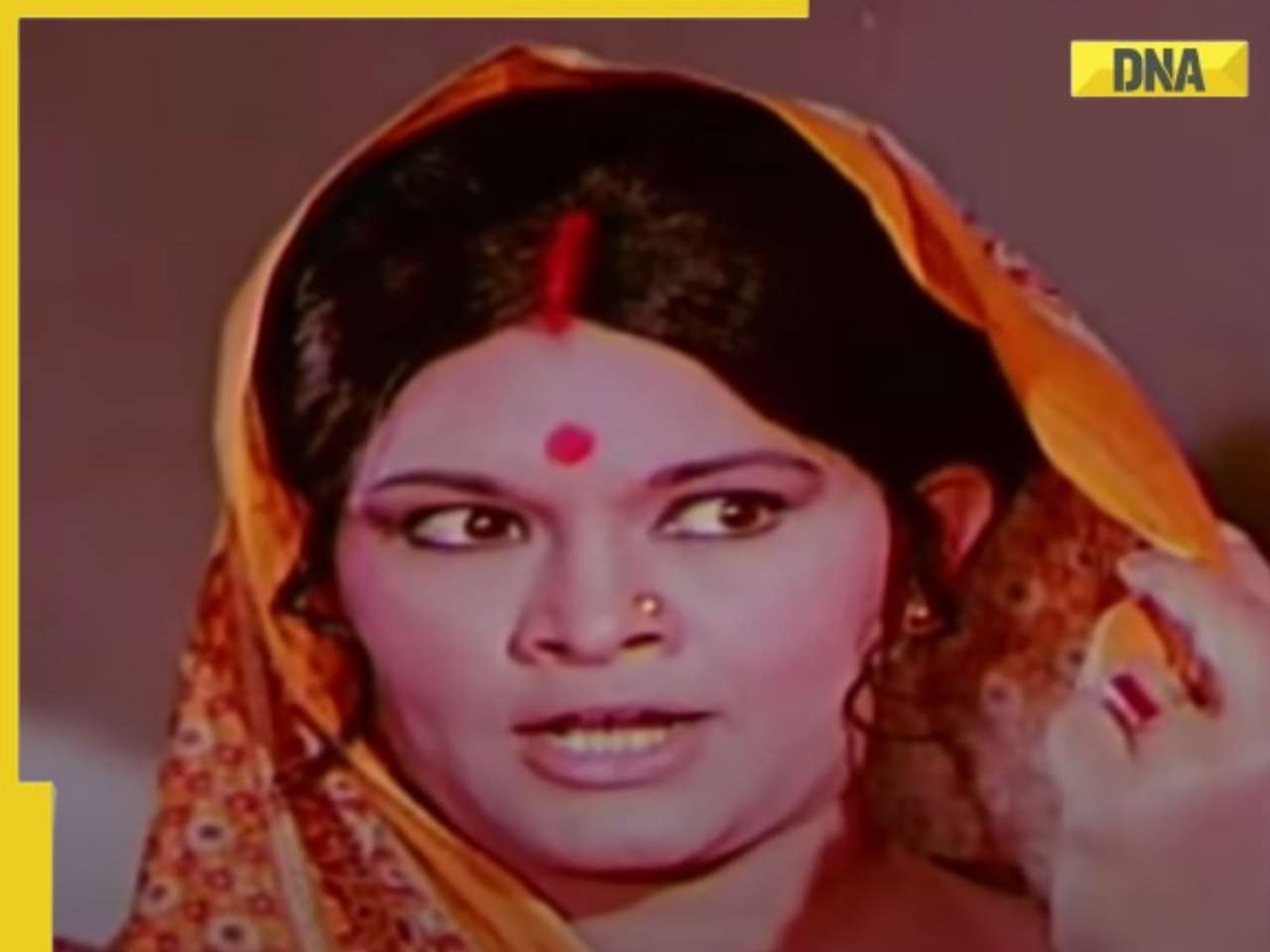)
)
)
)
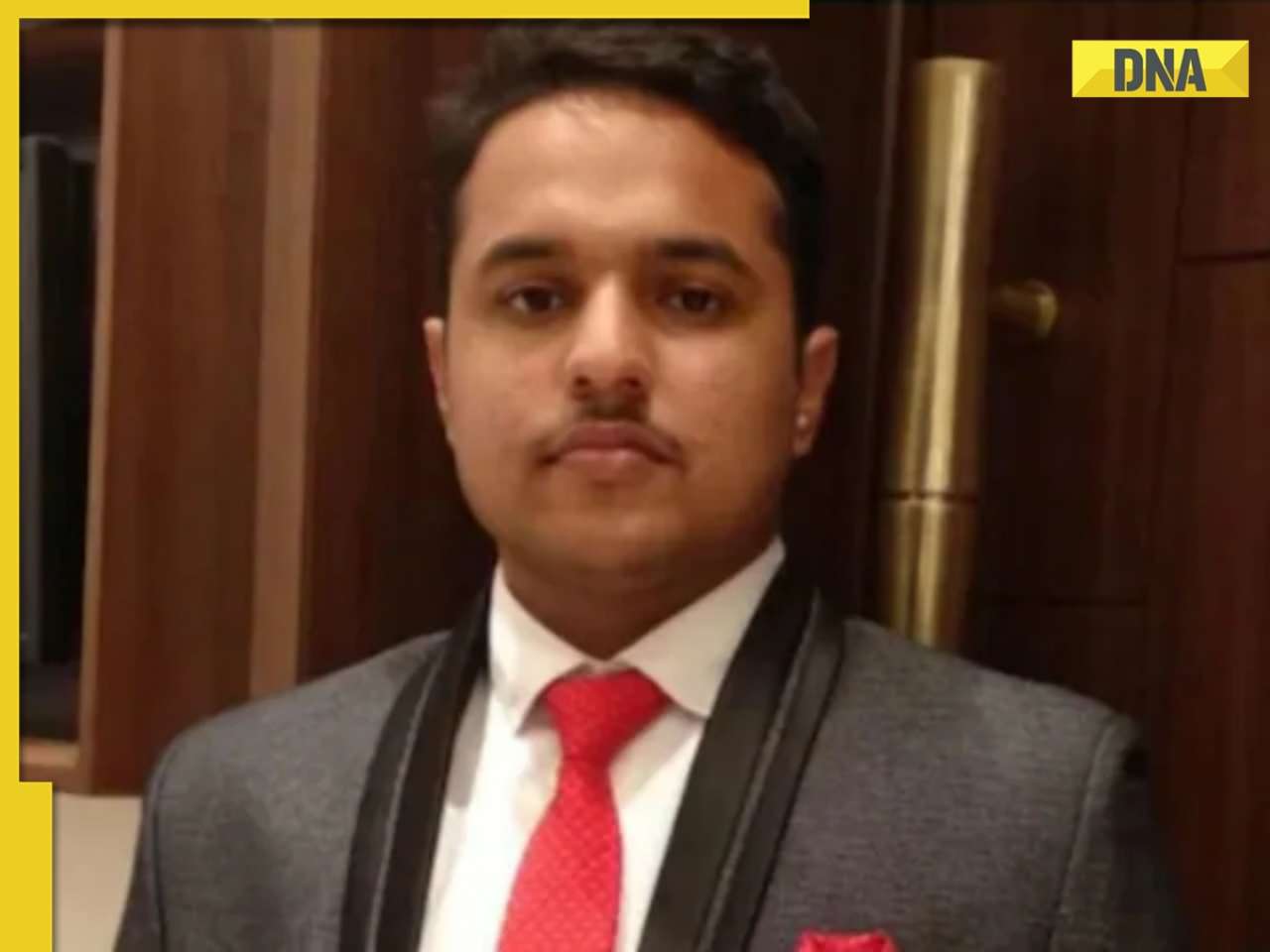)
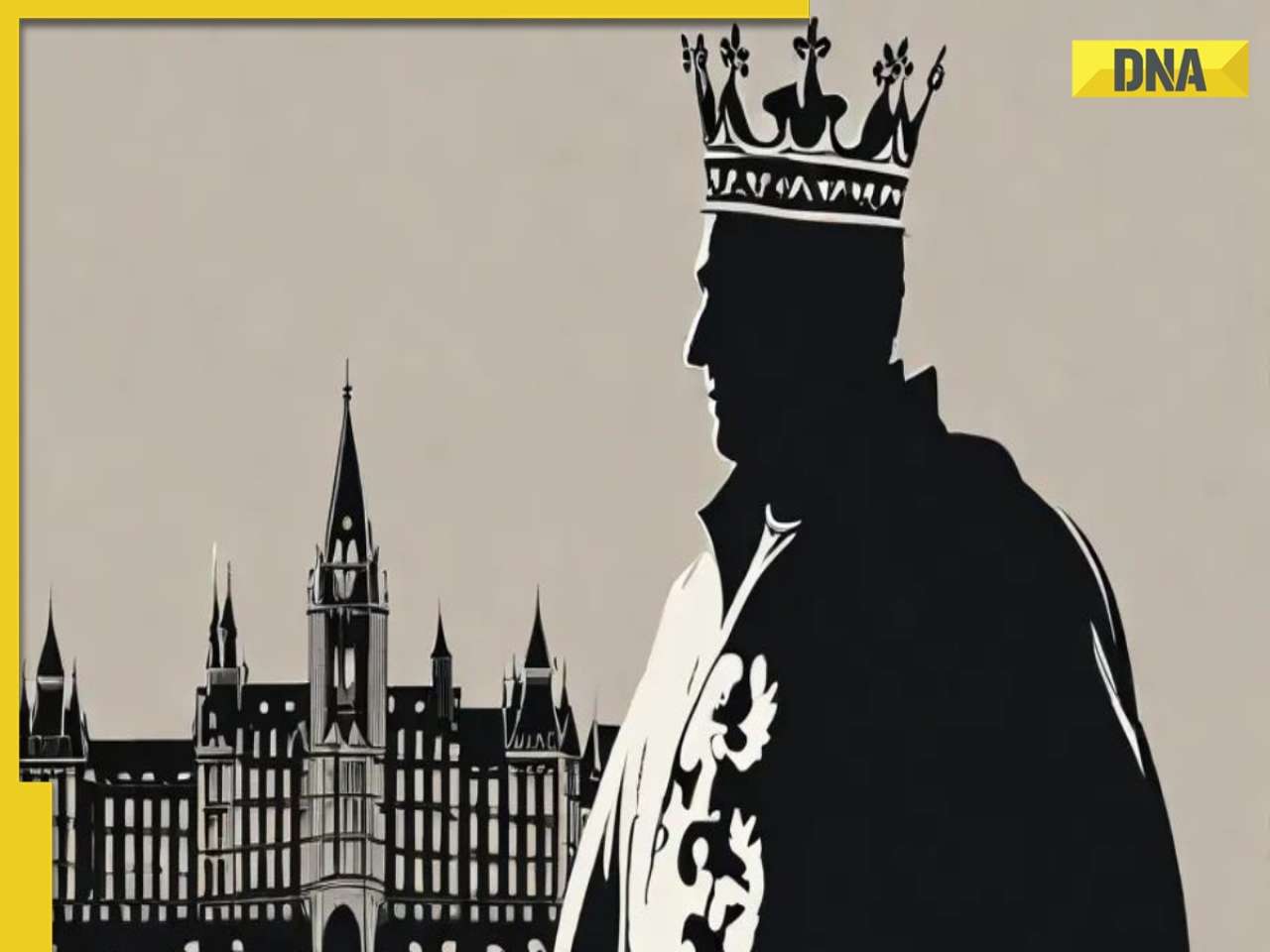)
)
)
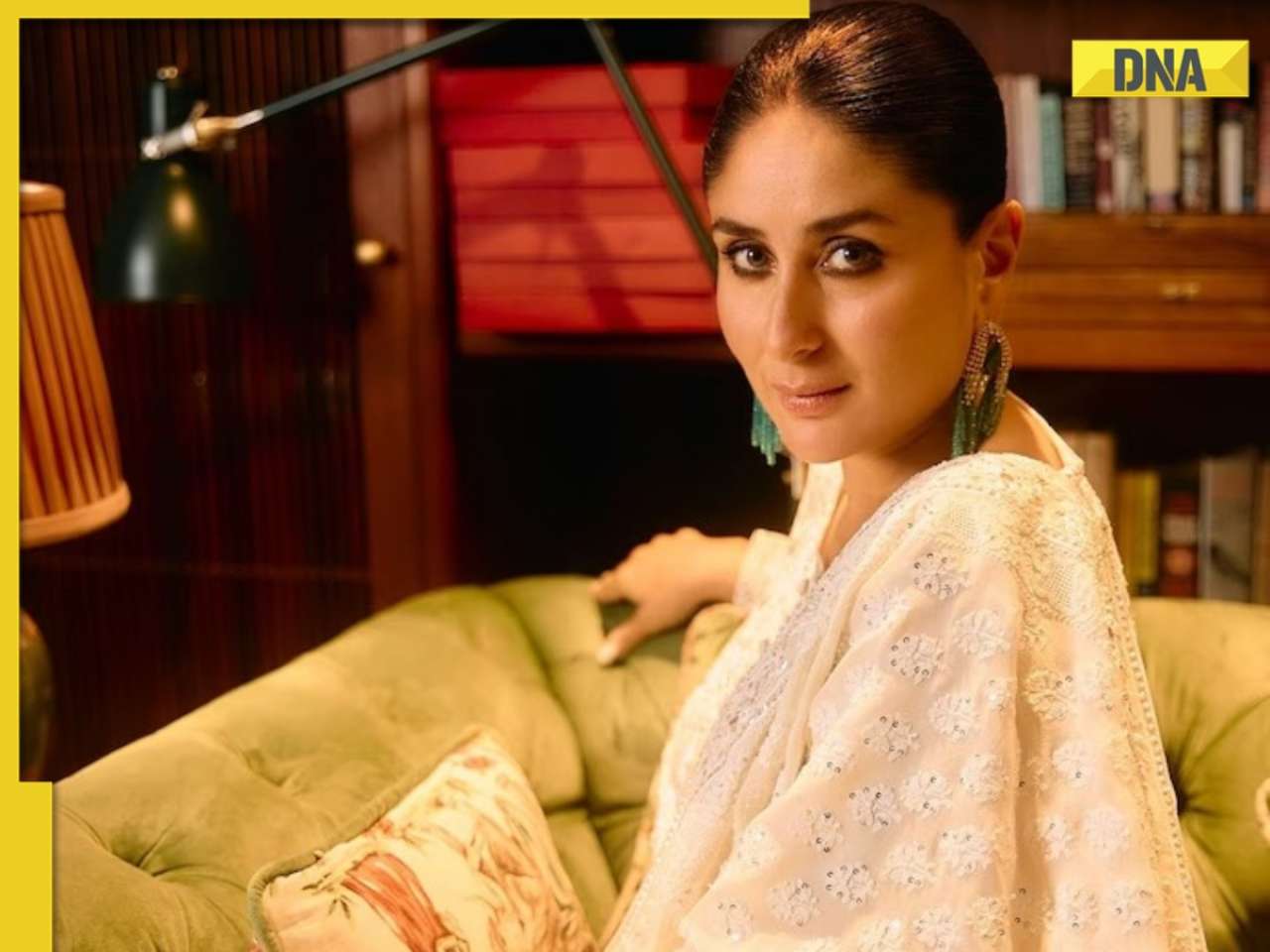)
)





)
)
)
)
)
)